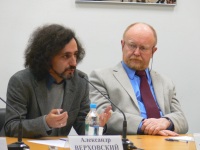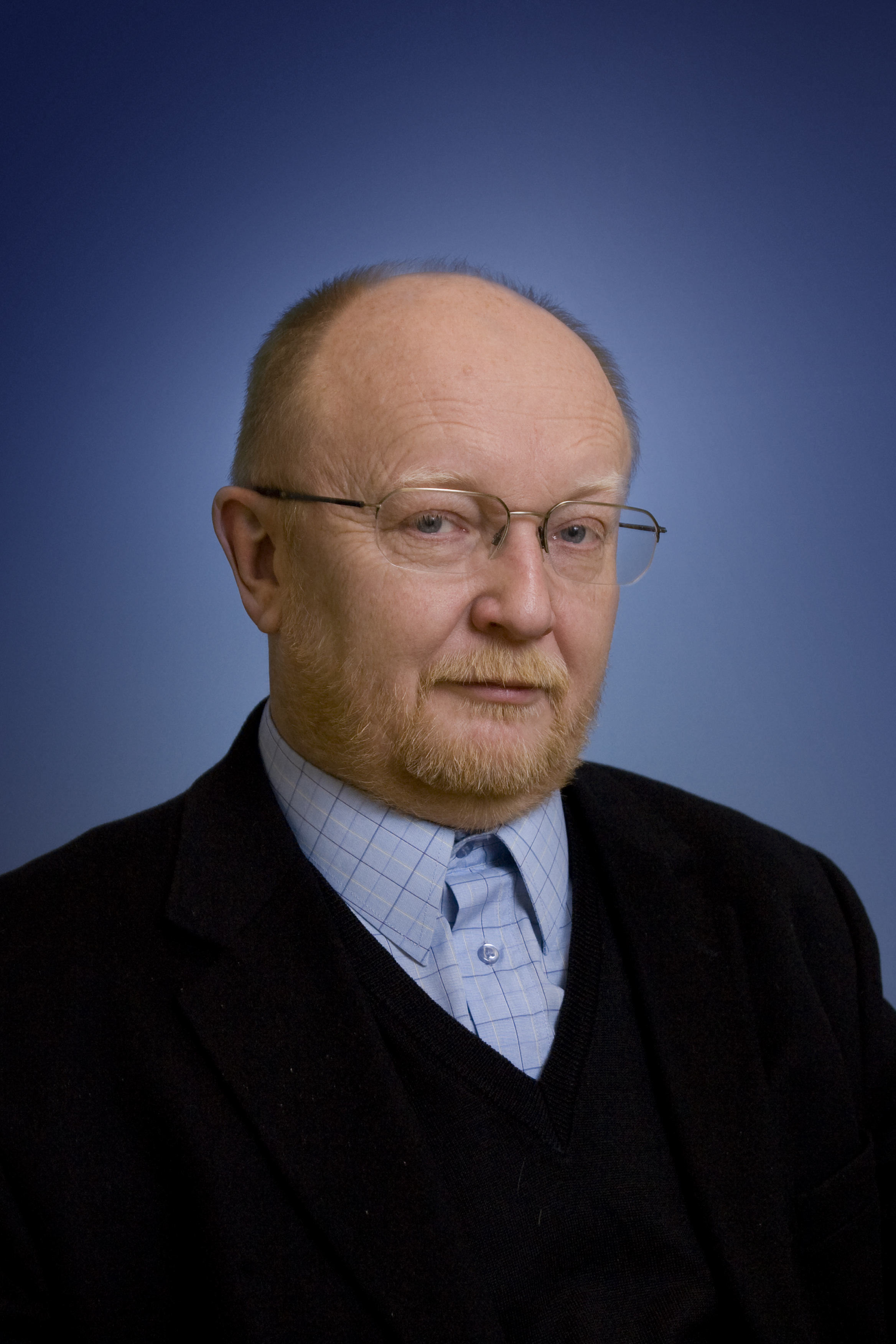{
"authors": [
"Alexander Verkhovsky",
"Alexey Malashenko"
],
"type": "event",
"centerAffiliationAll": "",
"centers": [
"Carnegie Endowment for International Peace",
"Carnegie Russia Eurasia Center"
],
"collections": [],
"englishNewsletterAll": "",
"nonEnglishNewsletterAll": "",
"primaryCenter": "Carnegie Endowment for International Peace",
"programAffiliation": "",
"programs": [],
"projects": [],
"regions": [],
"topics": []
}
Nationalism Among the Russian Orthodox Church’s Leaders During the First Decade of the Twenty-First Century
Thu, January 27th, 2011
Moscow
IMGXYZ2929IMGZYXIn modern Russia, nationalism is often seen as synonymous with popular xenophobia. However, in its more academic sense, nationalism is a set of political ideas based on crystallizing a shared national identity and aimed at realizing national interests by bringing the nation together, cementing its identity, and giving state sovereignty to the nation. In the Russian Orthodox Church’s worldview the nation is not paramount, but nationalism nonetheless is a side effect of the Church’s activities. Alexander Verkhovsky, director of the SOVA Center for Information and Analysis, spoke about nationalism in the Russian Orthodox Church at the Carnegie Moscow Center. Carnegie’s Alexey Malashenko moderated.
The Russian Orthodox Church’s Official Doctrine
- Origins of the official doctrine: The Church’s official doctrine formed in response to the challenges of the 1990s, which included the political fragmentation of the Church’s canonical territory following the Soviet collapse and difficulties in communicating between the Church and the Kremlin, said Verkhovsky. He added that the Church’s present-day official doctrine is essentially a compromise between the Church and its fundamentalist wing.
- The official doctrine: The Church views the world as comprised of civilizations defined along religious lines, except for secular Western civilization, explained Verkhovsky. Russia is thus the core of Orthodox civilization. Since Orthodox Christians form the majority of Russian society, the Russian Orthodox Church considers itself entitled to define what this “Orthodox people” needs. He suggested that, in the Church’s view, the people should return to their traditions of Orthodox civilization and gradually reject Western and secular borrowings.
Russian Orthodox Church Doctrine as an Expression of Nationalism
- Features of cultural ethnic-nationalism: Kirill, patriarch of the Russian Orthodox Church, does not deny that he sees the Church’s official doctrine as building a national identity, Verkhovsky said. In Kirill’s view, the Russians, Ukrainians, and Belarusians should not be seen as separate peoples, but rather ethnic variations of a common land that shares a common Orthodox belief. Thus, as Verkhovsky put it, belonging to the nation is expressed through belonging to the Russian Orthodox Church. This is a definition of a nation based on cultural lines, or cultural ethnic-nationalism, he concluded.
- Features of “civilizational nationalism”: The other component of the Russian Orthodox Church’s nationalism is what Verkhovsky described as “civilizational nationalism.” In this perspective, Russia is understood more as an empire—an autocratic entity with a unique history—and belonging to the nation is defined through ideology and the state. While advocates of pure ethnic-nationalism support the idea of a European-style nation-state defined strictly along ethnic lines, the Russian Orthodox Church calls for the mobilization of the entire Orthodox civilization against the liberal and secular West, which includes liberal secularism within Russia. In the eyes of the Church, Verkhovsky explained, this is Russia’s global mission. The Church’s official doctrine, he added, is essentially “civilizational nationalism” in one of its most developed forms.
The Church and Politics
The Russian Orthodox Church tries to take a cautious line on the political stage, in an effort to avoid appearing as a purely political organization. But since Dmitry Medvedev became president, there has been an active rapprochement between the Church and the federal authorities. At the same time, in Malashenko’s opinion, Kirill is turning into ever more of a politician. Verkhovsky noted that if the politicization of the Church continues, it will have a greater chance of successfully promoting its doctrine.
The Russian Ethnic-Nationalism Factor
In Malashenko’s view, the Church is an institution engaged primarily in a battle for its own influence and popularity. It will therefore be forced to deal with the Russian ethnic-nationalism, which is “the optimum instrument for strengthening influence, raising prestige and authority.” In today’s Russia, anyone who ignores Russian ethnic-nationalism or opposes it will ultimately lose out, Malashenko concluded.
Carnegie does not take institutional positions on public policy issues; the views represented herein are those of the author(s) and do not necessarily reflect the views of Carnegie, its staff, or its trustees.
